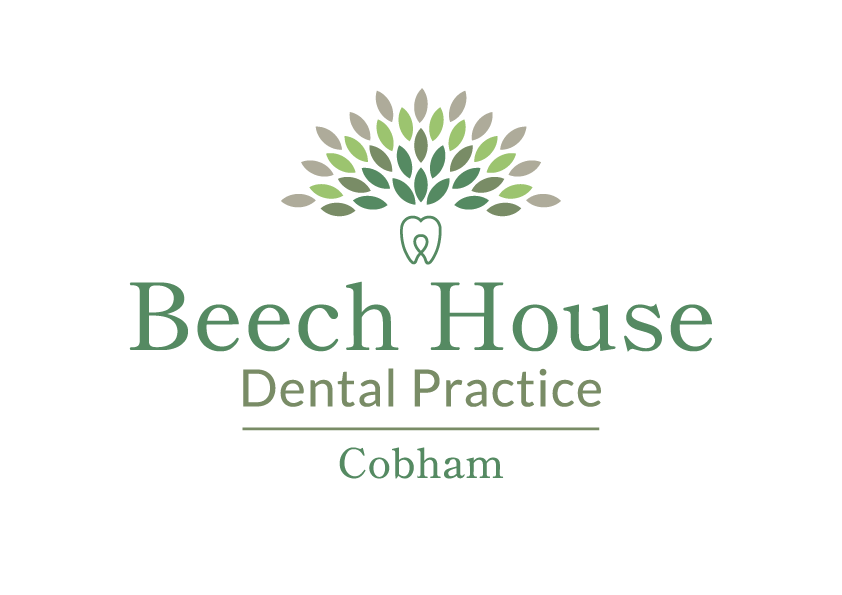Children's Teeth - A Dentist's View: Insights on Dental Care for Kids in the UK
As a dentist, ensuring the oral health of our younger patients is a top priority. Over the years, we have seen countless children with varying dental issues, and through this experience, we have gained valuable insights into the best practices for maintaining children's dental health. In this engaging and informative blog post, we will discuss our perspective on children's teeth, drawing on the most relevant articles and studies in the UK to provide practical advice for keeping your child's smile bright and healthy.
The Importance of Early Dental Visits
One of the key messages we want to convey to parents is the importance of early dental visits. According to the British Society of Paediatric Dentistry, a child's first dental check-up should occur by their first birthday or within six months of their first tooth appearing, whichever comes first. Early dental visits have several benefits:
1. Familiarity: Introducing your child to the dentist early on helps them become familiar with the dental environment and reduces the likelihood of dental anxiety later in life.
2. Prevention: Regular dental check-ups from an early age can help identify and address potential dental issues before they become more serious.
3. Education: Dentists can provide parents with guidance on proper oral hygiene practices and dietary habits to ensure their child's teeth and gums remain healthy.
The Impact of Diet on Children's Teeth
A child's diet plays a significant role in their dental health. High-sugar and acidic foods and drinks can increase the risk of tooth decay and enamel erosion. Here are some tips to promote a tooth-friendly diet:
1. Limit sugary snacks and drinks: Encourage your child to consume water or milk instead of sugary beverages like juice and soda. Opt for low-sugar, nutritious snacks like fruits, vegetables, and cheese instead of sugary treats.
2. Be mindful of hidden sugars: Be aware of hidden sugars in seemingly healthy foods, such as breakfast cereals, granola bars, and fruit yoghurts. Always check food labels and choose options with lower sugar content.
3. Establish regular mealtimes: Encourage your child to eat regular meals and limit between-meal snacking, as frequent snacking can increase the risk of cavities.
The Significance of Good Oral Hygiene Habits
Establishing good oral hygiene habits is crucial for maintaining your child's dental health. Consider the following tips to help your child develop a healthy oral care routine:
1. Brush twice daily: Encourage your child to brush their teeth for two minutes in the morning and before bedtime, using fluoride toothpaste and a soft-bristled, age-appropriate toothbrush.
2. Floss daily: Teach your child to floss once daily to remove plaque and food particles between teeth.
3. Supervise and provide guidance: Supervise your child's tooth brushing until they are at least seven years old, ensuring they brush effectively and reach all areas of their mouth.
The Role of Fluoride in Children's Dental Health
Fluoride is a naturally occurring mineral that can help strengthen tooth enamel and prevent cavities. In the UK, most water supplies are fluoridated, providing children with the benefits of fluoride through their daily water consumption. Additionally, fluoride toothpaste can further protect your child's teeth from decay. Dentists may also recommend fluoride treatments for children at higher risk of developing cavities.
The Value of Preventive Measures
Preventive dental measures, such as dental sealants and fluoride treatments, can provide additional protection for your child's teeth. Dental sealants are thin, protective coatings applied to the chewing surfaces of your child's back teeth (molars and premolars) to help prevent cavities. They work by sealing the grooves and fissures where food and bacteria can become trapped, making it easier to keep teeth clean. Sealants are typically applied when your child's permanent molars emerge, ages six and twelve.
Fluoride treatments, administered as a gel, foam, or varnish, can be applied during your child's routine dental check-ups. These treatments provide extra protection for your child's teeth, especially if they are at a higher risk of developing cavities.
Addressing Common Dental Issues in Children
Children can experience various dental issues, including cavities, gum disease, and orthodontic problems. Regular dental check-ups can help identify and address these issues before they become more severe. Additionally, early intervention can often lead to more effective treatment and better long-term outcomes.
Encouraging a Positive Attitude Towards Dental Care
Helping your child develop a positive attitude towards dental care is essential for oral health. Encourage open communication about dental visits and be supportive if your child expresses concerns or fears. Make dental care fun by allowing your child to choose their toothbrush or toothpaste, and consider using rewards or incentives to motivate them to maintain good oral hygiene habits.
In conclusion, as a dentist, we aim to help parents ensure their children's dental health is well-maintained throughout their childhood. By following the advice and insights provided in this blog post, you can play a significant role in promoting a healthy smile for your child that will last a lifetime.
